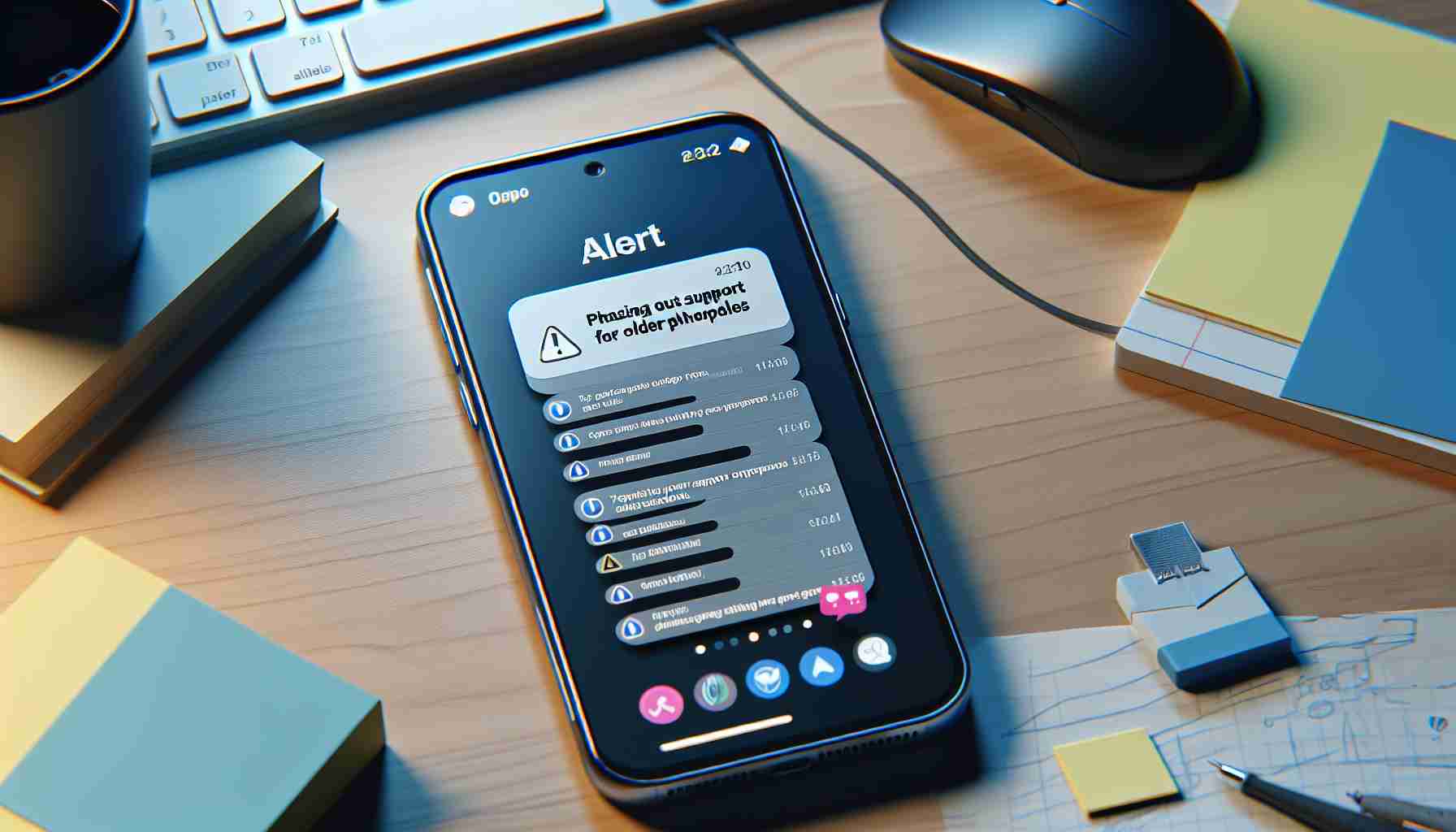
As of early June, the popular communication service WhatsApp, owned by Meta, has imposed security updates that render the app unusable on numerous older phone models. This shift in app compatibility severely affects those possessing older Android and iOS devices, as they are now unable to use fundamental WhatsApp features including messaging and calls.
WhatsApp’s security enhancements, which commenced on June 1st, were introduced to fortify user privacy and safety. Unfortunately, these improvements have outpaced the capabilities of some outdated operating systems, which now lack the necessary support for the latest version of the application.
Users affected by this change are not left entirely without options, however. The service can still be accessed via desktop through WhatsApp Web or by transitioning to a more modern smartphone that can accommodate WhatsApp’s updated requirements. This development impacts over 30 phone models spanning several manufacturers, including Apple, Samsung, LG, Huawei, Sony, Lenovo, and ZTE.
To avoid data loss, users are encouraged to backup their WhatsApp information. Android users can do this by navigating through the app’s settings to the chat backup section and initiating a manual backup to Google Drive. iPhone owners can perform backups via iCloud, ensuring their previous messages and media are safeguarded.
For those who find WhatsApp no longer functions on their devices, alternative solutions must be sought. Updating the device’s operating system could potentially extend app usage, if updates are available. Where this is not an option, purchasing a new compatible phone might be necessary. Users may also consider adopting different instant messaging platforms, although these services may not enjoy the same widespread use as WhatsApp.
Important Questions and Answers About WhatsApp Phasing Out Support for Older Phones
1. Why is WhatsApp phasing out support for older phones?
WhatsApp is phasing out support for older phones in order to implement security updates that require more advanced operating system capabilities than what is available on many older models. The updates aim to improve data protection and user privacy on the app.
2. Which phones are affected by WhatsApp’s decision to phase out support?
Over 30 models from various manufacturers including Apple, Samsung, LG, Huawei, Sony, Lenovo, and ZTE are affected. Specific models and operating system versions can typically be found on WhatsApp’s official support page.
3. What can users do if their device is no longer supported by WhatsApp?
Users have a few options, including accessing WhatsApp via WhatsApp Web on a desktop, updating their phone’s operating system if possible, purchasing a new smartphone that is compatible, or considering alternative messaging platforms.
Key Challenges and Controversies
– Access to Communication: Removing support for older phones may restrict users’ ability to communicate, especially in regions where newer phones are financially out of reach for a significant portion of the population.
– Data Loss Concerns: Users may be at risk of losing data if they are unaware of the change and do not backup their WhatsApp information before the cutoff date.
– Digital Divide: This situation could exacerbate the digital divide by further disadvantaging individuals who cannot afford to regularly update their technology.
Advantages and Disadvantages of WhatsApp Phasing Out Support
Advantages:
– Enhanced Security: The latest version of WhatsApp can include new features and security enhancements to protect user privacy and reduce susceptibility to cyber threats.
– Improved Performance: New updates often come with performance improvements, making the application run smoother on compatible devices.
Disadvantages:
– Exclusion of Users: Individuals with older phone models become excluded from using WhatsApp, losing access to a major communication platform.
– Additional Expenses: Users may be forced to incur extra costs by having to purchase new devices simply to continue using the service.
